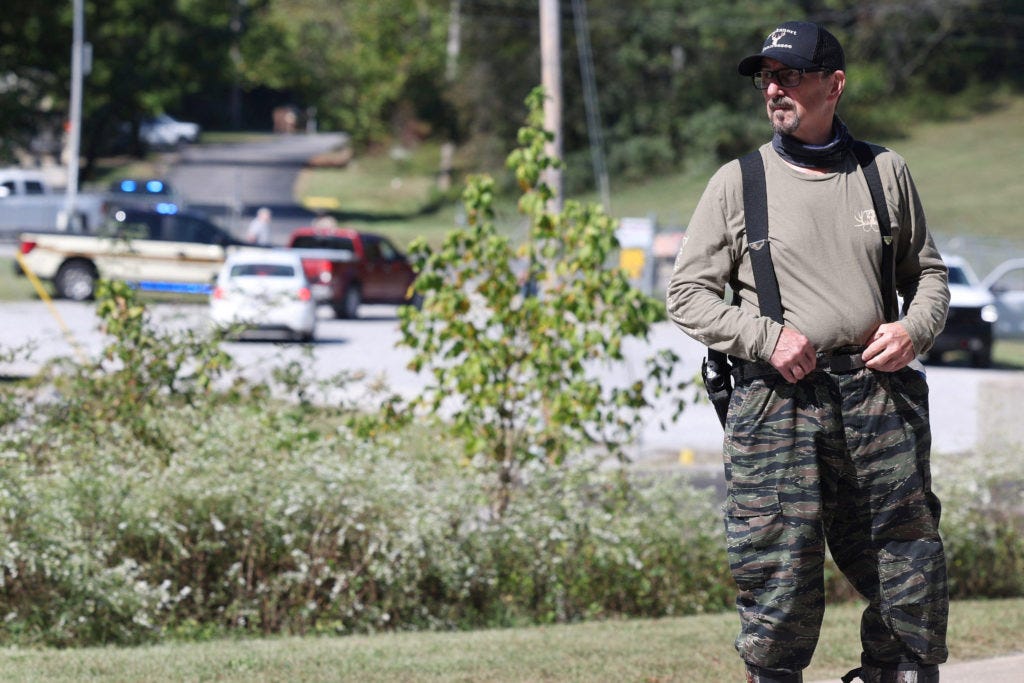The Silent Cost and Why We Keep Overlooking the Dangers Around Us?
The devastating blast in Tennessee isn’t just a local tragedy; it’s a stark mirror reflecting our collective blind spot to the hidden human sacrifices demanded by industrial ‘necessity.’ Join me as we explore why we often fail to see the dangers lurking in plain sight, and what this refusal to acknowledge truly costs us.
A Tragedy We Almost Missed
I remember reading about the blast—almost skimming past it, honestly, until the sheer number of presumed dead stopped me cold. Eighteen people, gone. Just like that, in a munitions plant tucked away in Bucksnort, Tennessee. It’s the kind of story that flickers across our screens for a moment, then gets lost in the noise of a thousand other headlines. But this one, for me, hit differently. It compelled me to ask: Why do we, as a society, become so adept at looking away from the dangerous truths underpinning our comfort and security? Why do we let the ‘necessities’ of our world carry such a silent, deadly cost that we only truly notice when disaster rips through it?
The Harsh Facts from Bucksnort
Let’s ground ourselves in the stark reality of what happened. On October 10, 2025, the Accurate Energetic Systems plant, a facility that deals specifically in military explosives, exploded. The force was immense, leveling the site and felt for miles around. Humphreys County Sheriff Chris Davis confirmed the following day that 18 individuals were missing and presumed dead. No survivors were found. It’s a tragedy that speaks volumes about the human cost embedded within certain industries. This wasn’t some abstract risk; it was a concrete, devastating event that claimed lives, reminding us that the things we rely on—even for defense—often come with very real, very immediate dangers for those who produce them.
The Unseen Bargain of Modern Life
I believe this incident isn’t just about one plant; it’s about the larger ‘military-industrial complex’ and the unspoken bargains we make as a society. We crave security, we demand economic stability, and in doing so, we often create a system that shunts the dangerous work—and its inherent risks—out of sight, out of mind. It’s a form of collective self-deception. We convince ourselves that these risks are contained, that they are someone else’s problem, or simply a necessary evil for our way of life. We rarely stop to consider the lives balanced precariously on the edge of these industrial necessities. The comfort we seek often comes at a price borne by others, a price we willfully ignore until disaster strikes. It’s a profound moral dilemma.
The most dangerous worldview is the worldview of those who have not viewed the world.
– Alexander von Humboldt
This quote resonates deeply here, highlighting our collective ‘engineered blindness’ to the realities that sustain us. We are often willfully ignorant of the sources of our security and convenience, allowing ourselves to be lulled into a false sense of safety by distance and abstraction.
Go Deeper
Step beyond the surface. Unlock The Third Citizen’s full library of deep guides and frameworks — now with 10% off the annual plan for new members.
Breaking Through the Blind Spot
So, what can we do? For me, breaking through this blind spot means challenging the narratives that normalize these ‘silent costs.’ It means asking difficult questions about the origins of our consumer goods, our defense systems, and our perceived security. It means recognizing that ignoring isn’t freedom; it’s a form of self-imposed ignorance that ultimately compromises our integrity as a society. I encourage you to think critically: Who benefits from our lack of awareness? Who pays the price when we look away?
No one is more dangerously enslaved than one who falsely believes he is free.
– Johann Wolfgang von Goethe
Goethe’s warning feels particularly apt. Our perceived ‘freedom’ from worrying about industrial dangers is, in fact, a form of enslavement to a system that demands unseen sacrifices. By acknowledging these trade-offs and demanding greater transparency and accountability, we can begin to foster a culture that values human life above industrial expediency, truly redefining what progress and security should mean for us all.



